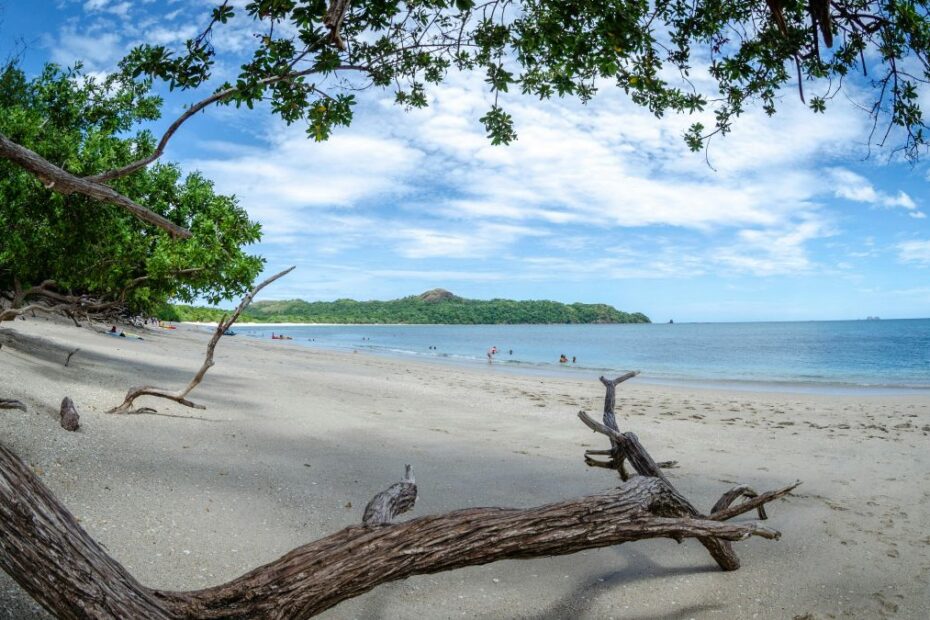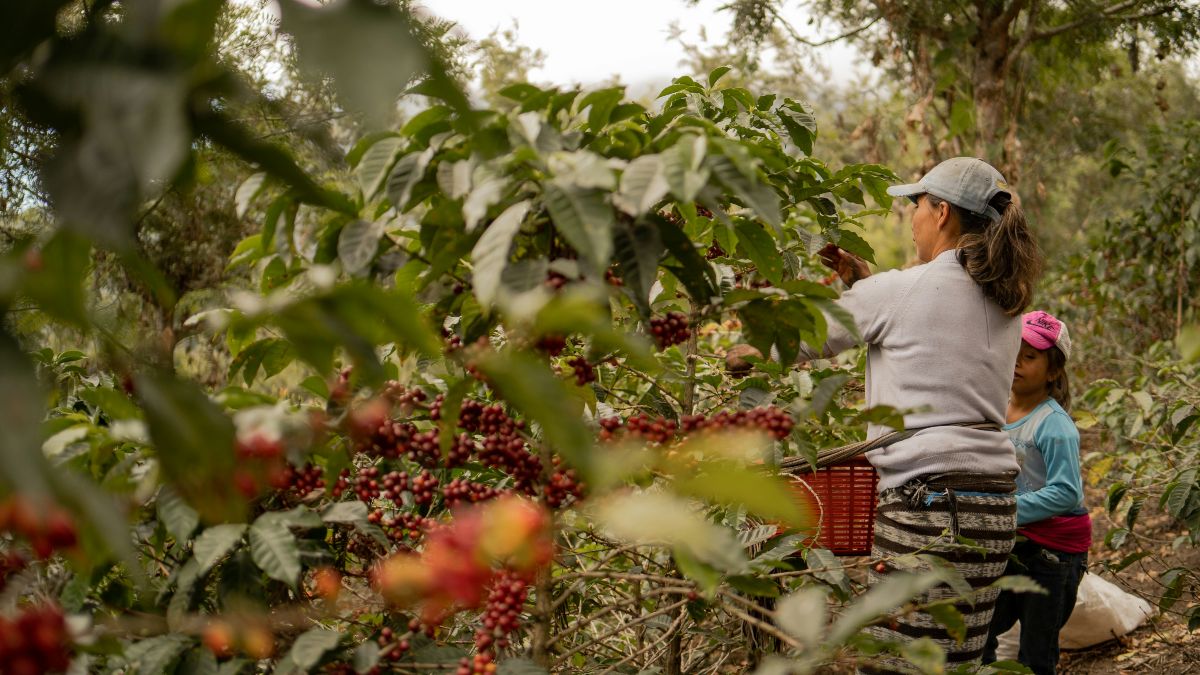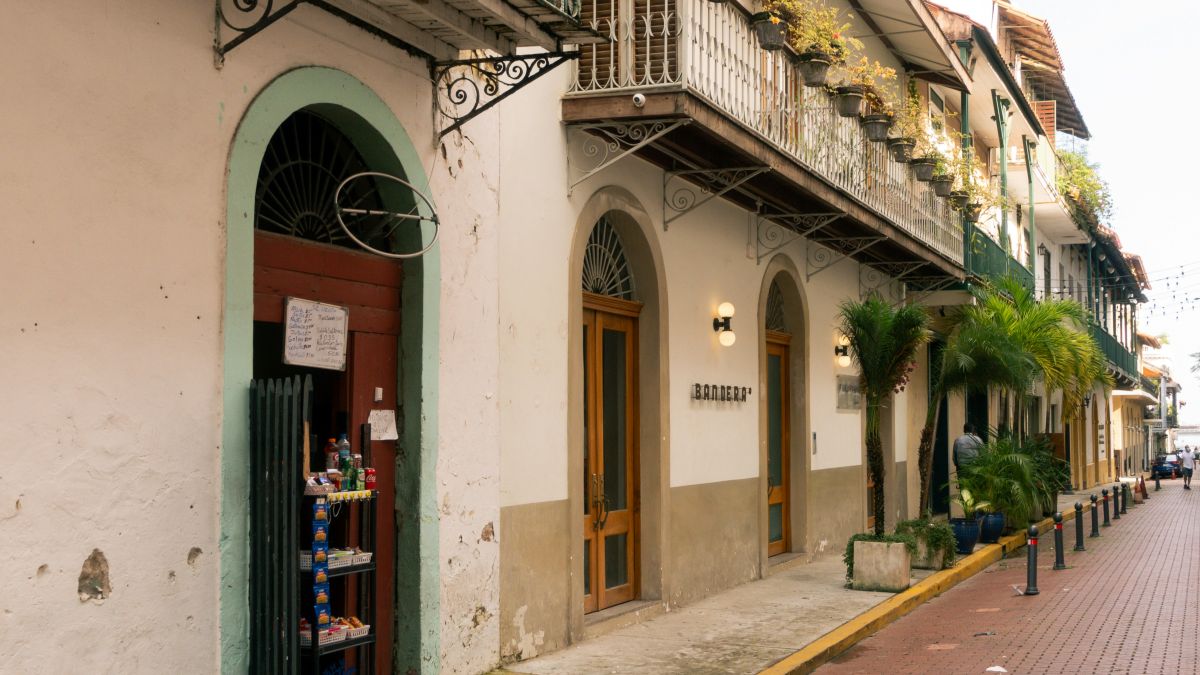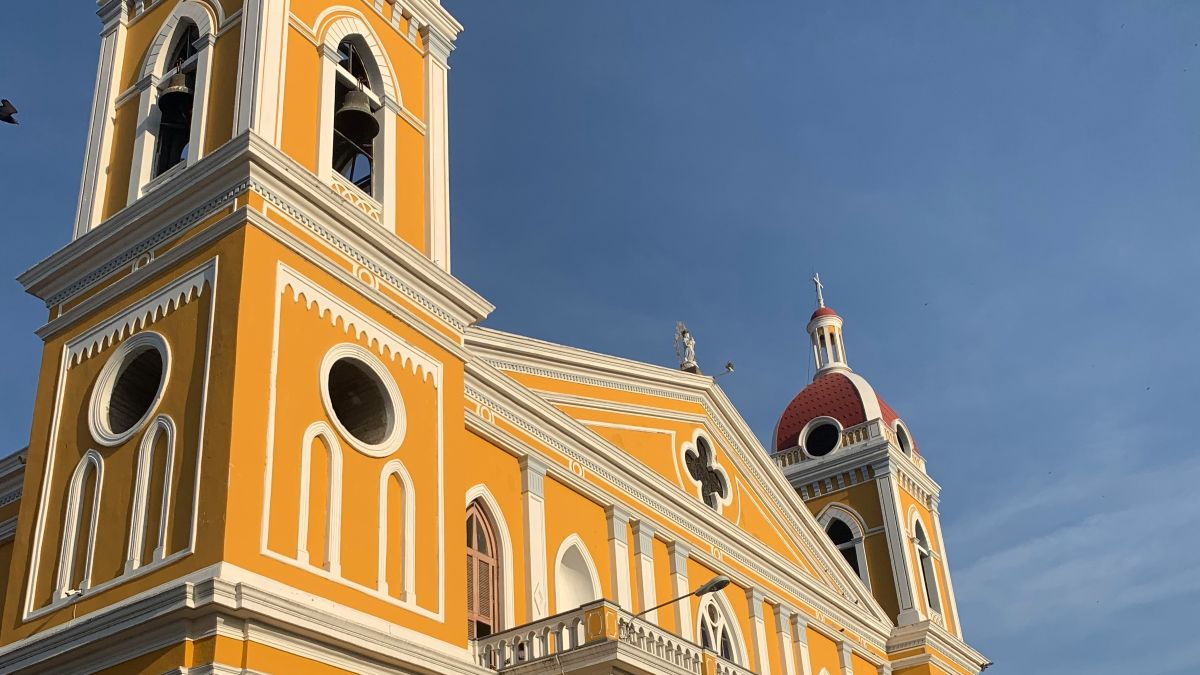The human and economic realities of Costa Rican gentrification, where beach town residents are being displaced while foreign investors face challenges in an increasingly saturated rental market.
Beach communities in Costa Rica are facing a housing crisis that’s pushing locals out and beginning to fuel resentment toward foreigners. Across these tourist-heavy areas, rents for even small apartments have soared to levels far beyond what most Ticos can afford, often double or even triple the average local income. This surge, driven largely – although not exclusively – by short-term rentals catering to tourists, has left many unable to stay in the communities where they grew up. Public discussions on social media reveal deep frustration among locals, who feel their way of life is slipping away.
Meanwhile, an expat investor considering buying a rental property in Costa Rica recently asked about profitability, real estate pricing, and market risks on social media. Their questions, while sensible and practical, intersect with a larger issue: how foreign investment in rentals contributes to the very gentrification locals are fighting against. Through the lens of local sentiment, this article explores the stakes for both local residents and potential foreign investors.
Local Sentiment: A Community Priced Out
For many Costa Ricans living outside the capital, gentrification is a direct threat to their ability to stay in their hometowns. And in the final year before a general election, it’s set to become a real issue for politicians to deal with. Public reactions to the housing crisis paint a vivid picture of this struggle.
On Facebook, a local resident shared the pain of families forced to leave their homes because they can no longer afford to live where they grew up. “Families are being forced to move,” the commenter said, describing how young couples can’t even dream of renting in the towns where their parents raised them. Another pointed to the impact in popular beach destinations, where the influx of foreign investment has driven housing costs beyond the reach of most Ticos. “Nobody is angry about others having more,” the commenter explained. “They are upset about having less and less because basics are taken from them.”
As already mentioned, in many beach communities, rents have risen up to threefold since 2020, driven, in part, by the boom in short-term rentals on platforms like Airbnb (other factors include the post-pandemic influx of affluent remote workers willing to pay the higher-than-average rents that opportunistic landlords charged them). Together, these pressures have created a vicious cycle, where properties are increasingly converted for tourists or bought by newcomers, reducing long-term housing options for locals and pushing rents higher. The scale of the crisis is clear in the numbers: a recent survey from Universidad Nacional found that almost 90 percent of Costa Ricans are worried about foreign property ownership, a sentiment that reflects the growing divide between locals and the influx of wealthier foreigners.
Cultural friction adds another layer of tension. A local resident expressed frustration with foreigners who don’t adapt, demanding that those moving to Latin America “speak Spanish as a minimum.” This reflects a deeper desire to preserve Costa Rican identity amid an influx of expats who often prioritize their own norms over local ones. The growing resentment is palpable, with locals feeling that the “pura vida” lifestyle they cherish is becoming a luxury they can’t afford.
This frustration has even sparked protests, like the demonstrations earlier this year, where people called for limits on foreign land purchases to protect their communities. Bottom line is, many locals have reached their limit and some politicians on the far left have already began to introduce legislation that might well make Costa Rica far less attractive for foreigners in the future. In a world where tourism is already down due to factors like how expensive Costa Rica is compared to other destinations, the dollar-colon exchange rate, and security concerns, the prospect of any foreign investment disappearing due to perceived “anti-gringo” xenophobia is a worry.
Gentrification in Costa Rican beach communities is a real issue for the 2026 election. We look at how other countries tackle similar struggles. Could any of these work in Costa Rica and help save the pura vida vibe before it disappears?https://t.co/n6Yv2VkJDE
— Central America Living (@VidaAmerica) March 23, 2025
An Expat Investor’s Questions: Financial Risks Meet Local Realities
Against this backdrop, an expat investor considering a rental property in Costa Rica recently asked a series of practical questions on a popular Facebook expat group. They wanted to know if owning and renting casitas could be profitable, how real estate prices are determined, and whether the market faces a looming recession. Their inquiries, while focused on financial viability, reveal a partial awareness of gentrification’s broader impact, shaped perhaps by similar dynamics they’ve seen elsewhere. However, the local perspective underscores how their potential investment could exacerbate the very issues Ticos resent.
The investor first asked whether rental properties can break even, noting that short-term rental pricing doesn’t seem to cover the high sale prices of properties, especially after taxes and expenses. Responses from other expats confirm the challenge. One commenter explained that their Airbnb in Guanacaste sat empty for much of the year outside high season, leading them to switch to long-term rentals. Another noted that the market is saturated, with one community seeing rentals jump from 18 to 80 in a decade, driving down nightly rates while costs like maintenance and taxes (a 13 percent IVA on all rentals) eat into profits. From a local perspective, this saturation is a major concern: while it makes profitability harder for investors, it also reduces housing for Ticos, as properties are prioritized for tourists over residents.
The investor also asked about the “average living cycle” of expats relocating to Costa Rica, citing an encounter with a property owner who appeared to struggle after a decade in the country. Responses suggest that many expats don’t stay long-term, with one commenter estimating an average residency of five years, often due to financial challenges or a desire to return to their home country. This transient nature fuels local frustration: expats buy properties, drive up prices, then sell at inflated rates to other foreigners.
On real estate pricing, the investor questioned how appraisers determine home values and why expats pay inflated prices without transparency on prior sales. Commenters explained that a lack of public data makes it hard to track sales history, leading to a “Gringo Market” where foreigners often overpay; land prices in some areas have soared due to foreign demand. Locals resent this trend, as it inflates property values beyond their reach, a key driver of the housing crisis. One commenter criticized “stupid foreigners” who pay “crazy money,” perpetuating a bubble that leaves Ticos unable to compete.
Finally, the investor asked about market recessions and whether large investors are buying up land to exploit the market. Responses noted the aforementioned drop in tourism since last year, with some predicting fire sales if anti-gentrification legislation gains traction. From a local perspective, this potential correction comes too late: the damage is already done, with foreign investment driving up housing costs and displacing communities. A local commenter’s frustration with being priced out of their hometown underscores the ongoing impact, regardless of market shifts.
A Path Toward Fairer Tourism
Locals consistently point to gringo tourists/residents (legal or otherwise) and foreign investors as the driving force behind skyrocketing rents, with short-term rentals playing a central role in pricing Ticos out of their communities. But the issue is compounded by a lack of accountability in the rental market. Estimates suggest there are around 40,000 Airbnb hosts in Costa Rica, yet only about 7,000 are registered to pay the 13 percent IVA tax, leaving roughly 83 percent non-compliant. In other countries, Airbnb collects this tax on behalf of hosts to ensure compliance, but in Costa Rica, the platform has not taken on this responsibility, allowing the issue to persist. If enforced, this tax revenue could fund affordable housing projects for locals.
For potential investors, this highlights the need to tread carefully. The financial risks of short-term rentals are already significant, but they also contribute to the gentrification locals resent. Switching to long-term rentals, as some expat commenters did after struggling with Airbnb’s low occupancy, can provide more stable income while helping to alleviate the housing crunch for local people. Another option is to invest in urban areas like the Central Valley, where one expat commenter found success providing affordable rentals for locals with a steady 10 percent return, supporting the community rather than displacing it.
Moving Forward
The growing Costa Rican gentrification crisis is a deeply personal issue for locals who are being priced out of their communities. Soaring rents in tourist-heavy areas reflect a housing crisis that’s fueling resentment toward foreigners. An expat investor’s questions about rental profitability and market risks reveal a practical mindset, but local sentiment underscores the broader impact of such investments. With short-term rentals driving up prices and many hosts evading taxes, the need for better enforcement is clear to help fund solutions for locals.
Potential investors must weigh their financial goals against the social cost. Tourism can benefit Costa Rica, but only if it prioritizes the locals who call it home. Before buying that beachside casita, expats should consider the families struggling to stay in the communities they’ve always known.



